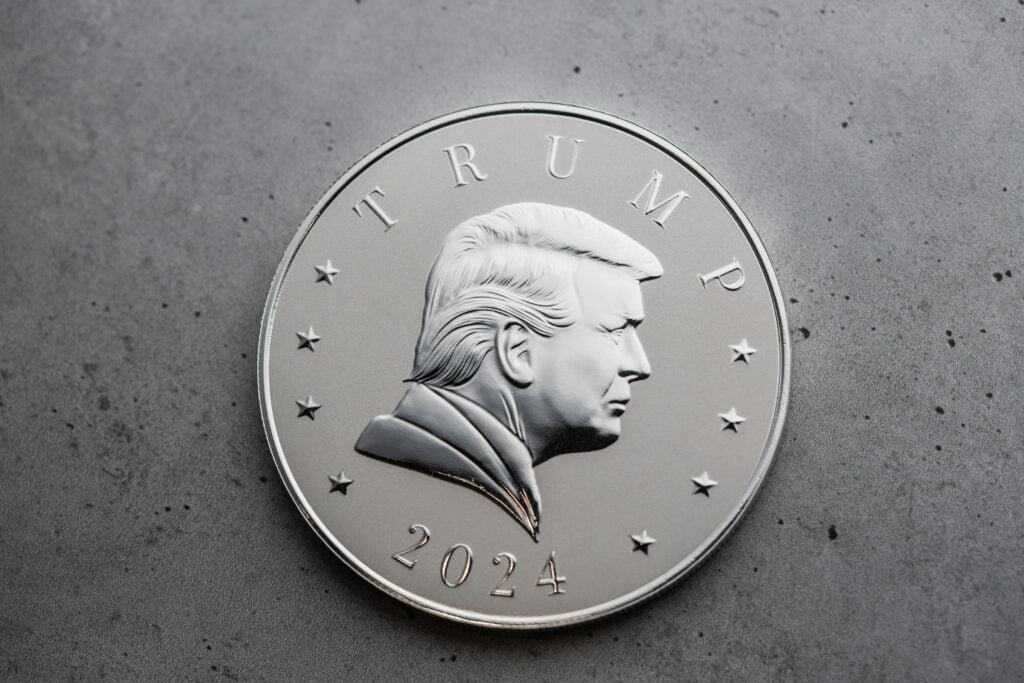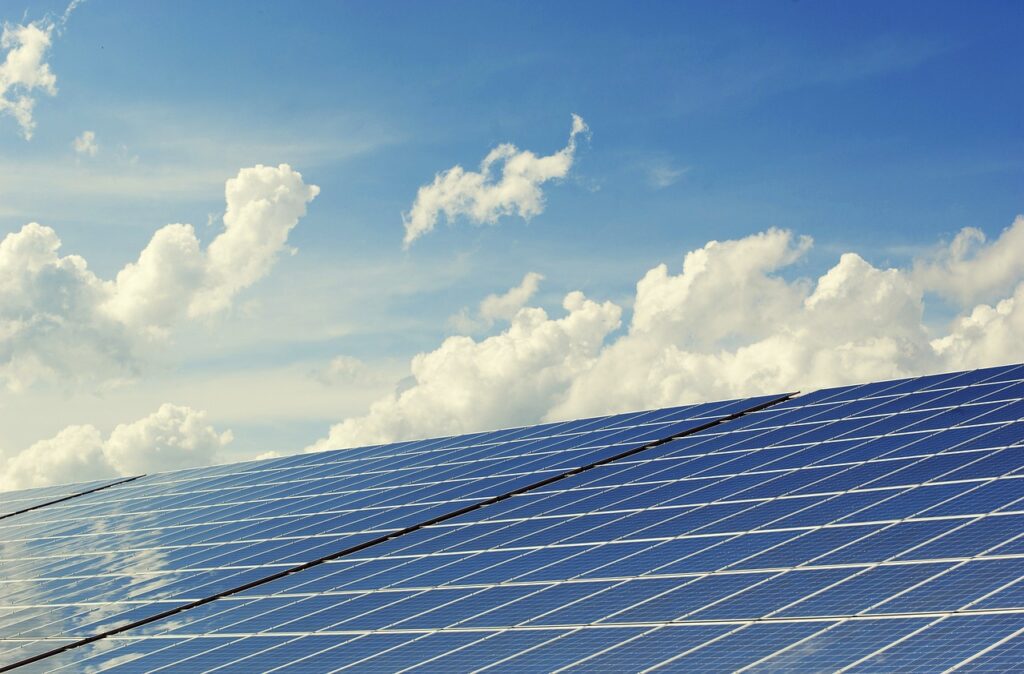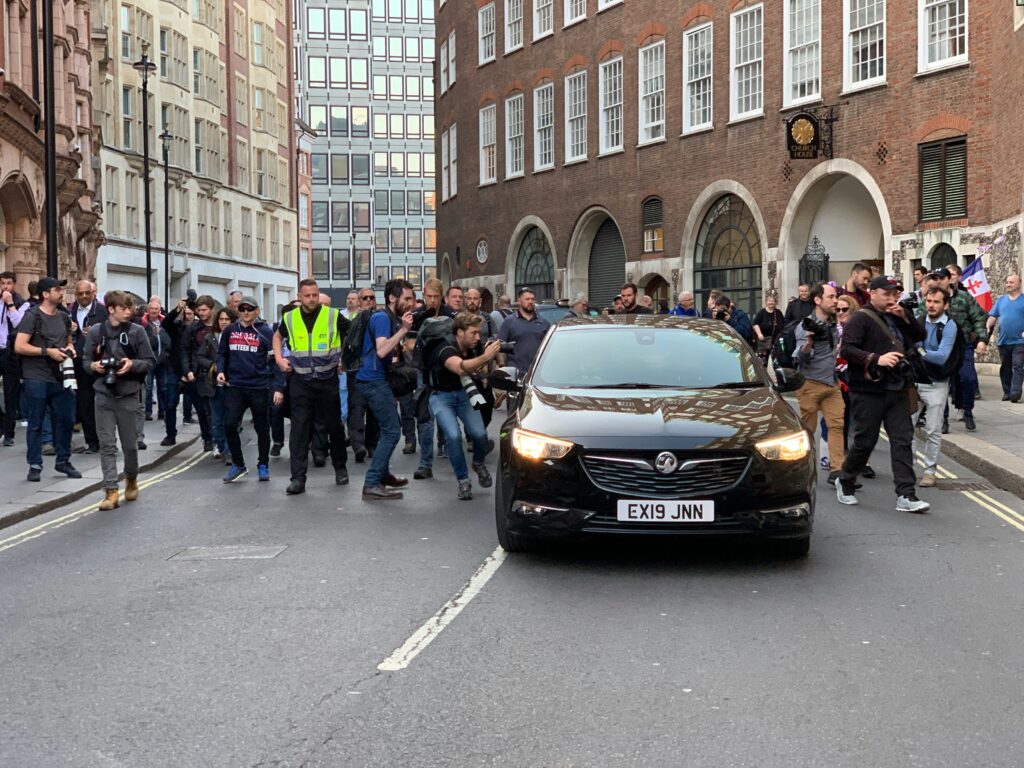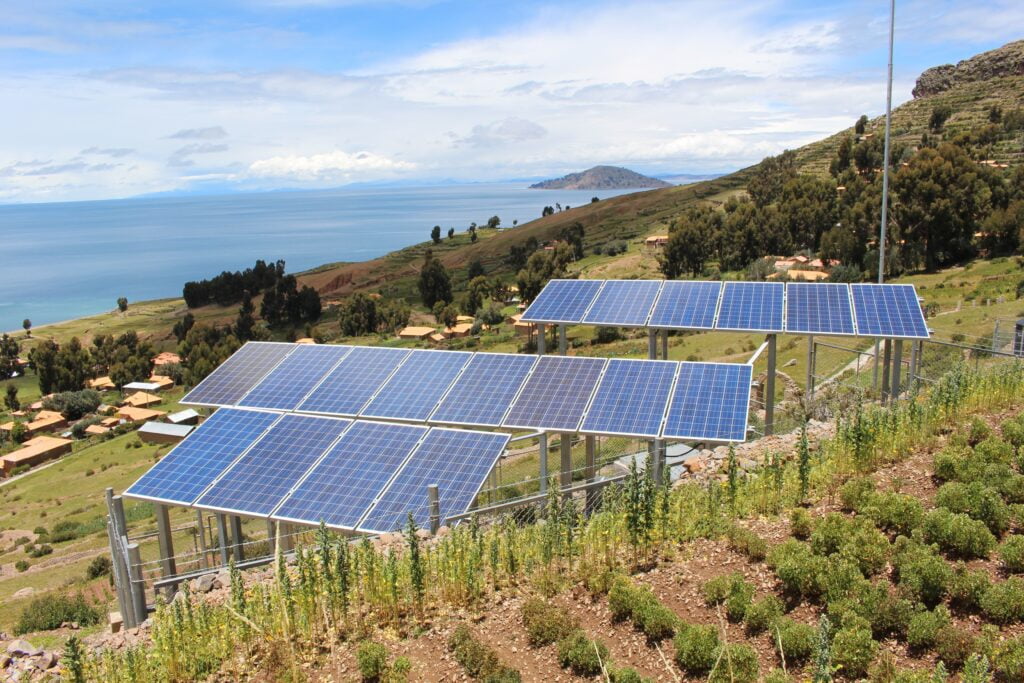The Impact of Trump’s Assassination Attempt on the Solar Market
The recent assassination attempt on former President Donald Trump has sent shockwaves across the United States, sparking discussions on various fronts, from gun control to political security. However, an unexpected area feeling the ripple effects of this event is the solar market. This article explores the connections between the Donald Trump shot incident and its impact on the solar industry, analyzing immediate reactions, long-term implications, and future outlooks.
Table of Contents
The Trump Shooting Incident

Overview of the Attack on Donald Trump
On July 13, 2024, an armed assailant attempted to attack on Donald Trump during a campaign rally in Butler, Pennsylvania. The gunman, identified as Thomas Crooks, was able to infiltrate the rally area despite multiple layers of security. Using a drone to survey the site and armed with an AR-15-style rifle, Crooks managed to get dangerously close to Trump before being neutralized by the Secret Service.
Security Lapses and Implications
The incident has highlighted significant lapses in security protocols. Text messages and after-action reports indicate that law enforcement officers were aware of Crooks’ suspicious activities well before the shooting, yet failed to act decisively. This failure has led to widespread criticism of the Secret Service and local law enforcement agencies, resulting in the resignation of Secret Service Director Kimberly Cheatle.
Public and Political Reactions
The attack on Donald Trump has led to an outpouring of support from his followers and condemnation from political leaders across the spectrum. The incident has reignited debates on gun control, political violence, and the security of public figures. As the 2024 US election approaches, the event is likely to influence political discourse and voter sentiments.
Impact on the Solar Market

Initial Market Reactions
The immediate market reaction to the Trump shooting was one of volatility, with the energy sector, including the solar market, experiencing fluctuations. Investors, already wary of political instability, began reassessing their positions. The incident raised concerns about the broader implications of political violence on economic stability, particularly in the renewable energy sector, which relies heavily on investor confidence and government support.
Short-term Disruptions in the Energy Sector
In the short term, the solar market saw a dip in stock prices as investors reacted to the uncertainty. Companies involved in the production and installation of solar panels faced delays and disruptions due to heightened security measures and the reallocation of resources to address potential threats. This disruption was not limited to the solar market but affected the entire renewable energy sector.
Long-term Implications for the Solar Market
The long-term implications of the Trump shooting on the solar market are more complex. Political instability can lead to policy changes that might either benefit or hinder the renewable energy sector. In the wake of the incident, there is potential for increased government spending on security, which could divert funds from renewable energy initiatives. Conversely, a renewed focus on energy independence and resilience might spur additional investments in solar energy.
Security Concerns and Investment Confidence

How Security Issues Affect Investor Confidence
Security issues have a profound impact on investor confidence. The Trump shooting has underscored the vulnerabilities in the current security framework, prompting investors to reconsider their exposure to politically volatile regions. Historical examples, such as the impact of the 9/11 attacks on various markets, illustrate how significant political events can lead to market downturns.
Historical Examples of Political Instability Impacting Markets
Historical examples, such as the impact of the 9/11 attacks on various markets, illustrate how significant political events can lead to market downturns. In these instances, sectors dependent on stable political environments, like renewable energy, often face increased scrutiny and risk aversion from investors.
Specific Impacts on the Renewable Energy Sector
The renewable energy sector, including solar, is particularly sensitive to changes in investor confidence. Solar projects often require substantial upfront investment, and any uncertainty can lead to delays or cancellations. The Trump shooting has introduced a new layer of risk, making investors cautious about committing to long-term projects.
Policy Changes and Government Response

Government Actions Following the Incident
In response to the Trump shooting, the government has implemented several policy changes aimed at enhancing security. These changes include stricter regulations on large gatherings, increased funding for law enforcement, and improved coordination between federal and local agencies. While these measures are essential for ensuring safety, they also have financial implications.
Policy Changes Aimed at Increasing Security
The increased focus on security could lead to higher operational costs for solar companies, particularly those involved in large-scale installations. Security measures such as surveillance systems, secure perimeters, and additional personnel can add to the overall cost of Solar Projects. However, government incentives and subsidies aimed at promoting renewable energy might offset these costs, encouraging continued investment in the solar market.
Impact of These Changes on the Solar Market
The increased focus on security could lead to higher operational costs for solar companies, particularly those involved in large-scale installations. Security measures such as surveillance systems, secure perimeters, and additional personnel can add to the overall cost of projects. However, government incentives and subsidies aimed at promoting renewable energy might offset these costs, encouraging continued investment in the solar market.
Market Adaptation and Resilience
How the Solar Market Adapts to Political Instability
Despite the challenges, the solar market has shown remarkable resilience in the face of political instability. Companies have developed strategies to mitigate risks, such as diversifying their investments geographically and enhancing their security measures. These adaptations help ensure the continuity of projects and maintain investor confidence.
Strategies Companies Use to Mitigate Risks
Companies in the solar market use various strategies to mitigate risks associated with political instability. These strategies include geographic diversification of investments, enhancing security protocols, and developing contingency plans for potential disruptions.
Case Studies of Resilience in the Renewable Energy Sector
Several case studies illustrate the resilience of the solar market. For instance, during the political unrest in the Middle East, solar companies successfully navigated the challenges by partnering with local firms and leveraging international support. Similarly, in regions prone to natural disasters, companies have implemented robust contingency plans to protect their investments.
Public Perception and Consumer Behavior

Changes in Consumer Behavior Post-Incident
The Trump shooting incident has also influenced public perception and consumer behavior. Increased awareness of security issues can lead to heightened scrutiny of public events and large gatherings, impacting attendance and participation. In the solar market, consumer confidence plays a crucial role in driving demand for residential and commercial installations.
Public Trust in the Solar Market
Public trust in the solar market is crucial for its growth. Incidents like the Trump shooting can erode trust and lead to decreased consumer interest. However, positive media coverage and transparent communication from solar companies can help rebuild confidence.
Role of Media in Shaping Perceptions
The media has a significant role in shaping public perception. Coverage of the Trump shooting and its aftermath has highlighted the need for enhanced security measures, which can influence consumer decisions. Positive media coverage of the solar market’s resilience and adaptability can help restore confidence and drive growth.
Future Outlook for the Solar Market
Predictions for the Solar Market Post-Incident
Looking ahead, the solar market is poised for recovery and growth despite the challenges posed by political instability. Factors such as technological advancements, government incentives, and increasing awareness of environmental issues will continue to drive demand for solar energy. The market’s ability to adapt to changing conditions will be crucial in ensuring its long-term success.
Potential for Recovery and Growth
Industry experts predict that the solar market will recover from the initial disruptions caused by the Trump shooting and continue to grow. Innovations in solar technology, such as improved efficiency and storage solutions, will make solar energy more accessible and attractive to consumers. Additionally, the global push for sustainability and carbon reduction will support the expansion of the solar market.
Factors Influencing Future Market Stability
Several factors will influence the future stability of the solar market. These include government policies, technological advancements, and global economic conditions. The ability of solar companies to adapt to changing circumstances will be key to maintaining market stability and growth.
The Impact on Voter Sentiment and US Election 2024
The shocking incident of Donald Trump being shot has inevitably altered voter sentiment as the US Election 2024 approaches. This attack on a high-profile political figure has heightened security concerns, leading to increased scrutiny of candidates’ safety measures and campaign events. The tragic event has polarized voters even more, with Trump’s supporters rallying behind him and opponents leveraging the incident to critique existing security protocols.
The shooting incident has also sparked intense debates about gun control laws and the need for stricter regulations. Candidates across the political spectrum are now being pressured to address these issues in their campaigns, potentially reshaping their platforms to align with public concerns. The incident serves as a stark reminder of the vulnerabilities faced by public figures and the need for comprehensive policy reforms to ensure their safety and the safety of the public.
The Solar Market’s Unexpected Reaction to Political Instability
Interestingly, the Trump shooting has had an unexpected ripple effect on the solar market. Political instability often leads to economic uncertainty, and the renewable energy sector is no exception. Investors and stakeholders in the solar market are now closely monitoring the political climate, as changes in administration and policies can significantly impact the industry’s growth and development.
With the heightened focus on national security and the potential shift in government priorities, there could be delays or changes in planned renewable energy projects. However, this incident might also lead to increased investment in sustainable energy solutions as a means of promoting national resilience and reducing dependence on unstable geopolitical landscapes. The solar market’s reaction to such political events underscores the interconnectedness of energy policy, economic stability, and political leadership.
Media Coverage and Public Reaction
The media coverage of the assassination attempt on Donald Trump has been intense and multifaceted, reflecting the gravity of the incident. News outlets have extensively reported on the details surrounding the shooting, the security lapses, and the aftermath, with various angles from investigative journalism to personal stories.
Public reaction has been a mix of shock, concern, and political debate. Some view the incident as a failure of security protocols, while others use it as a platform to discuss broader issues related to gun violence and political extremism. The media’s portrayal and the public’s response are shaping the discourse around the event, influencing both public sentiment and policy discussions.
Potential Policy Changes in the Wake of the Incident
The assassination attempt on Donald Trump has sparked discussions about potential policy changes aimed at improving security and addressing gun violence. Legislators and advocacy groups are calling for stricter gun control measures, including enhanced background checks and bans on assault weapons.
The incident also raises questions about the effectiveness of current security measures and the need for better coordination between local and federal agencies. The tragedy has prompted a reevaluation of existing policies and could lead to legislative action aimed at preventing similar incidents in the future. The outcome of these discussions will likely influence future policy decisions and security protocols.
Impact on Election Campaigns and Political Rhetoric
The assassination attempt on Donald Trump is expected to have significant implications for election campaigns and political rhetoric. As the 2024 U.S. presidential election approaches, candidates may adjust their strategies and messaging in response to the incident. The event could shift public discourse and influence voter perceptions, with candidates potentially focusing on issues of national security and gun control.
Additionally, the incident may lead to heightened political rhetoric and increased polarization, as candidates and political commentators use the event to bolster their platforms or critique their opponents. The full impact on the political landscape will unfold as campaigns adapt to the evolving narrative.
Conclusion
The assassination attempt on former President Donald Trump has far-reaching implications beyond political and security concerns. The solar market, like many other sectors, has felt the impact of this incident. However, the resilience and adaptability of the renewable energy industry provide a strong foundation for recovery and growth. By understanding the connections between political events and market dynamics, stakeholders can better navigate the challenges and seize opportunities in the evolving landscape of the solar market.
Note:
If You have any doubts or queries,Feel Free To Contact Us On Our LinkedIn Page!
FAQ
How did the Trump shooting incident impact the solar market initially?
The incident caused immediate market volatility, leading to a dip in stock prices and disruptions in project timelines.
What are the long-term implications of the Trump shooting for the solar market?
Long-term implications include potential policy changes, increased security costs, and shifts in investor confidence.
How does political instability affect investor confidence in the solar market?
Political instability introduces uncertainty, making investors cautious about committing to long-term projects in volatile regions.
What policy changes have been implemented following the Trump shooting?
Policies include stricter regulations on large gatherings, increased funding for law enforcement, and improved federal-local coordination.
How do increased security measures impact solar companies?
Increased security measures can lead to higher operational costs, but government incentives might offset these expenses.
How has the solar market shown resilience in the face of political instability?
The market has adapted by diversifying investments, enhancing security measures, and developing robust contingency plans.
What role does media coverage play in shaping public perception of the solar market?
Media coverage influences consumer confidence and can drive demand for solar energy through positive reporting on industry resilience.
What are the predictions for the future of the solar market post-Trump shooting incident?
Experts predict recovery and growth driven by technological advancements, government incentives, and increased environmental awareness.